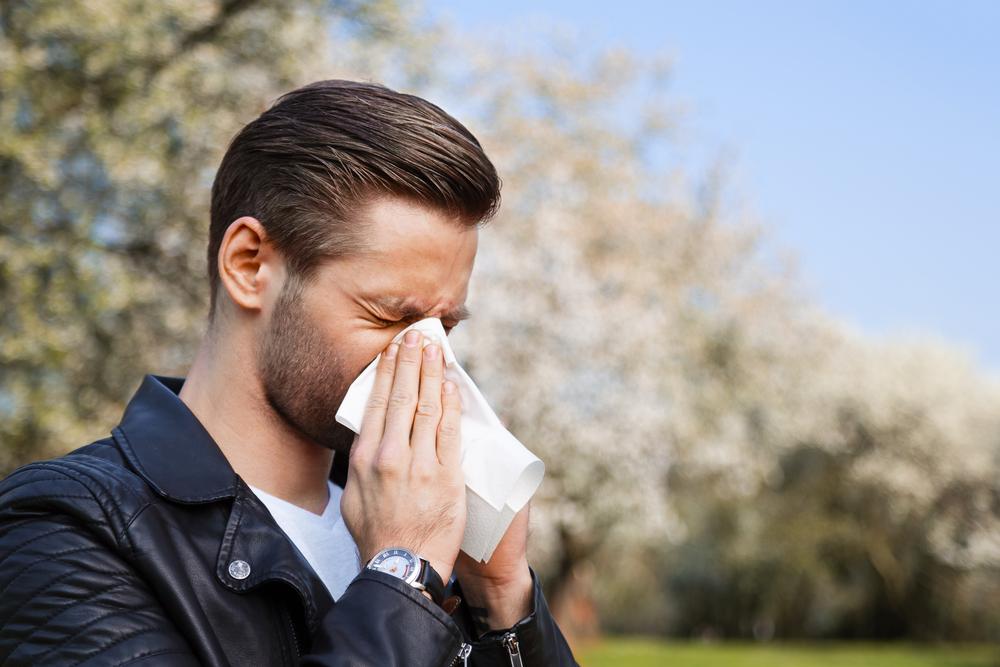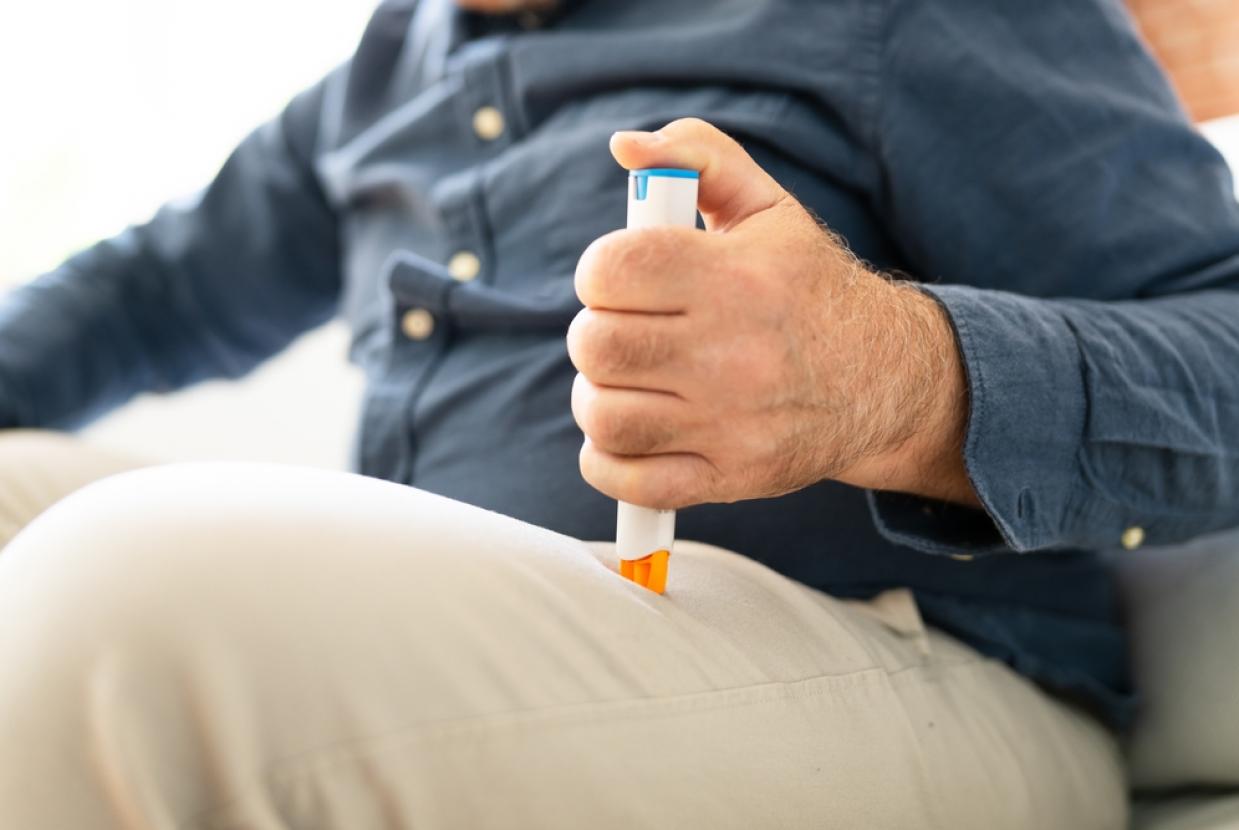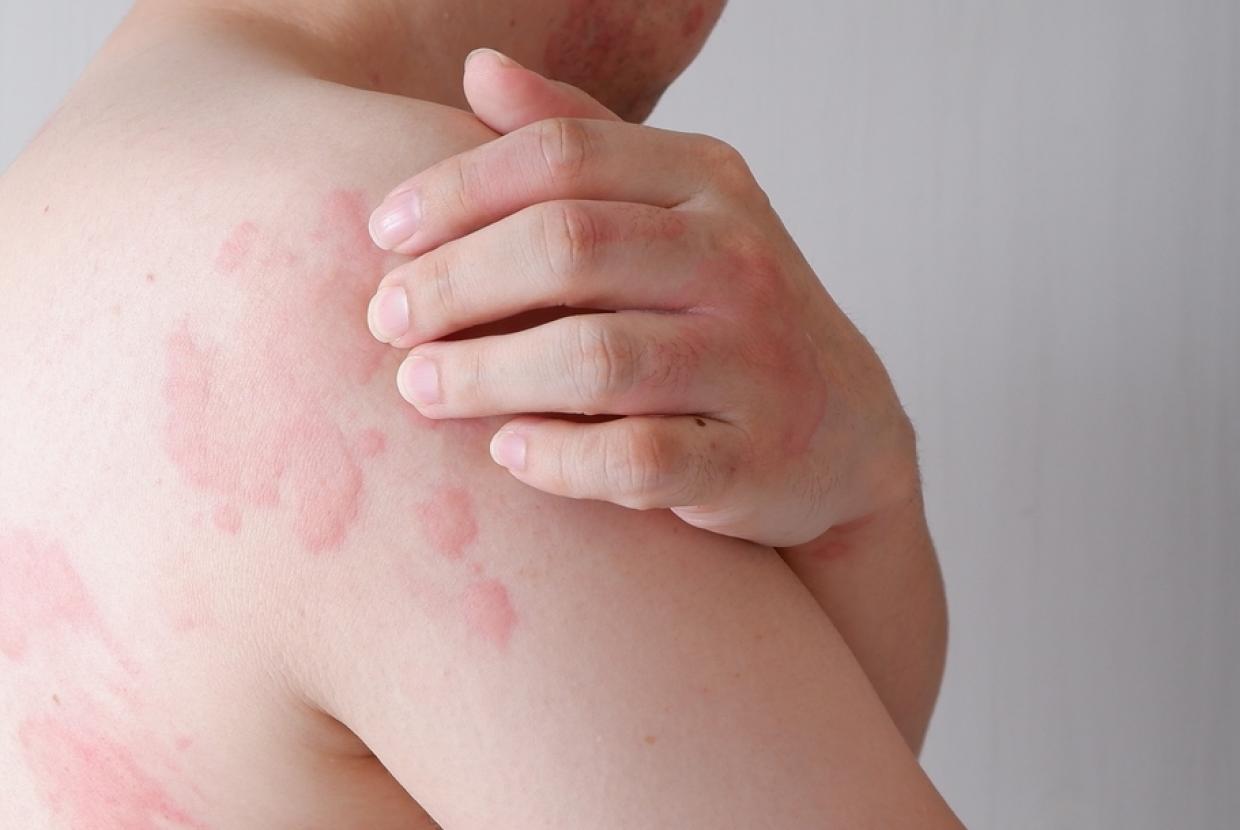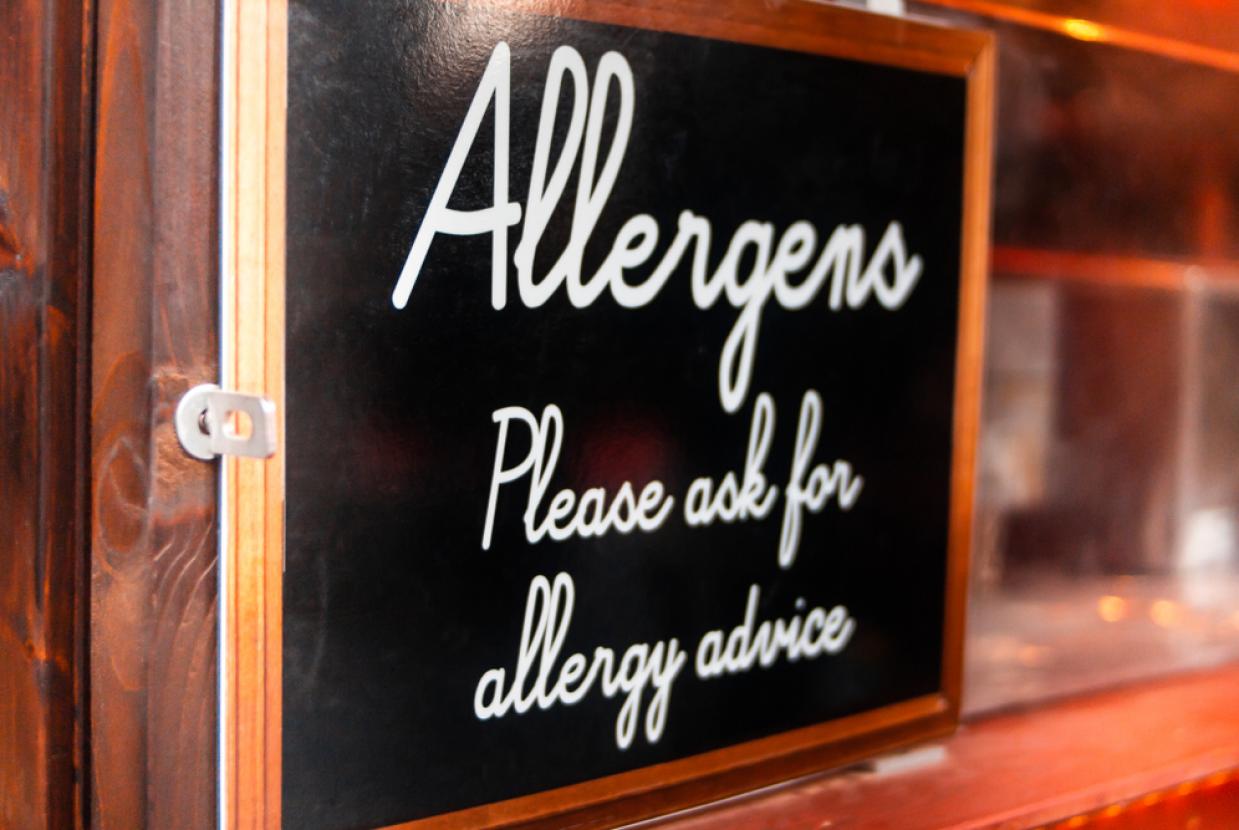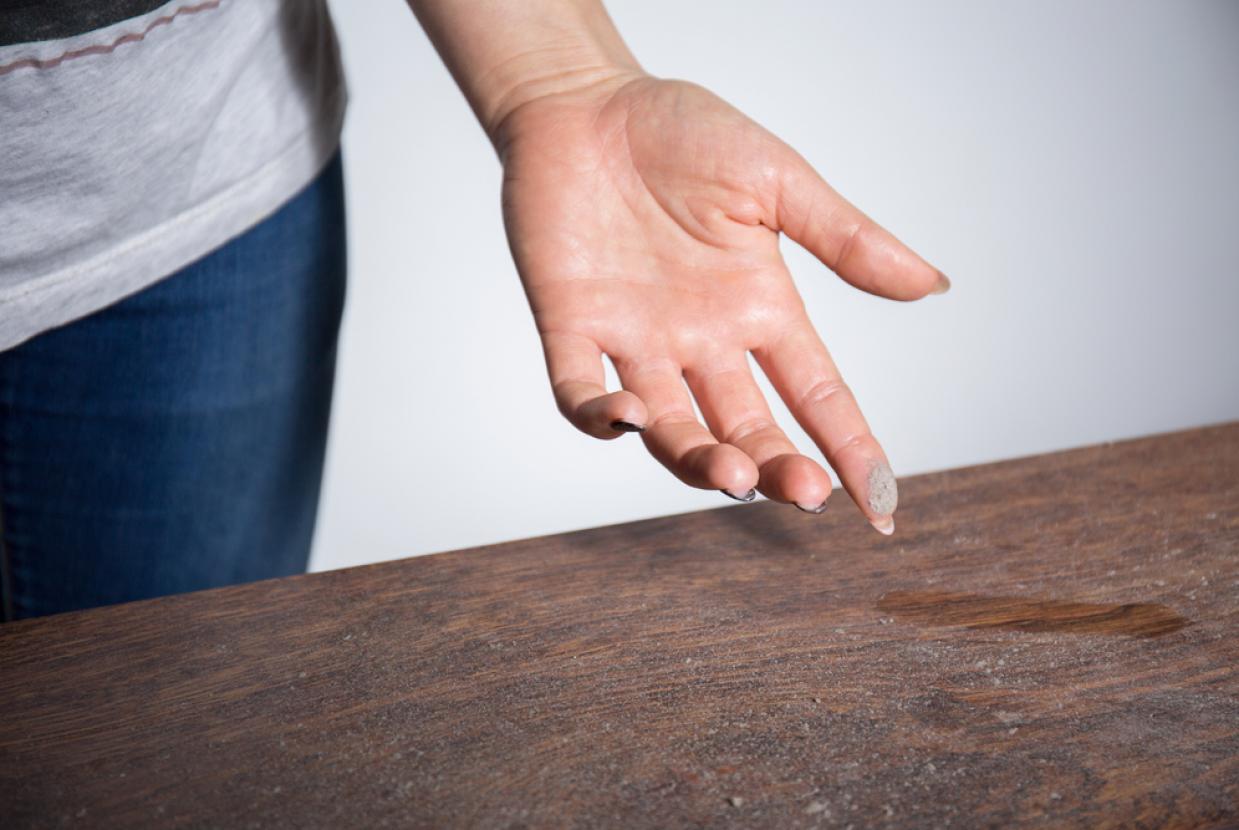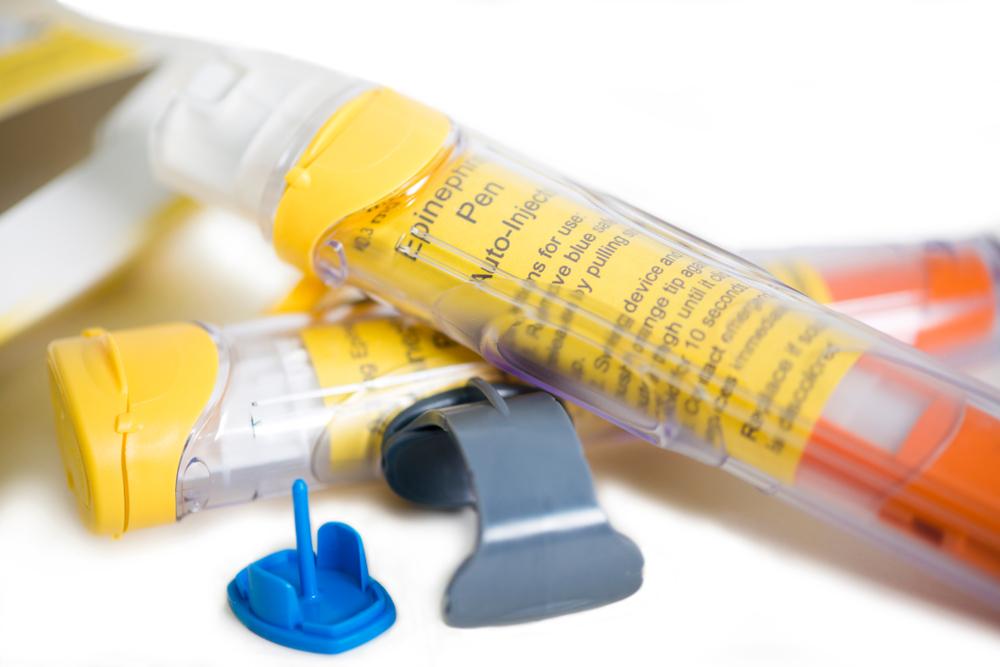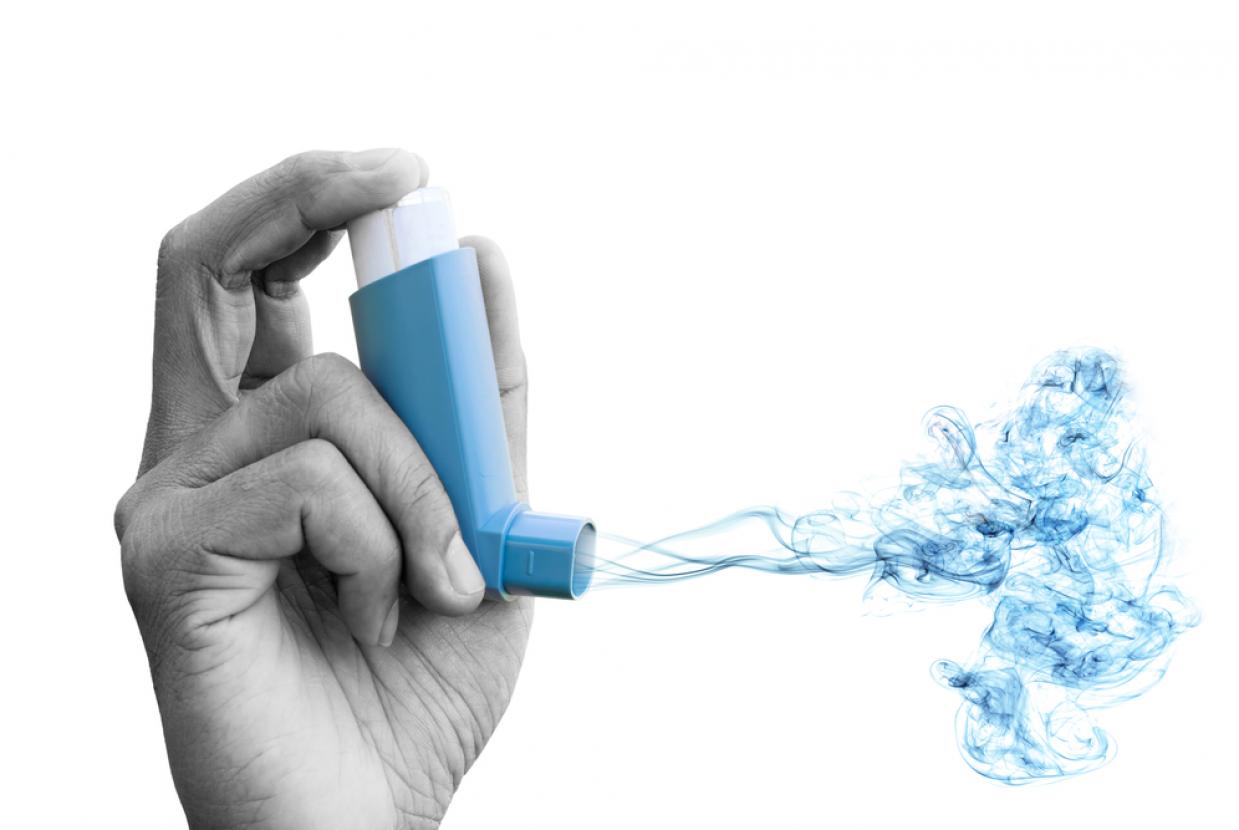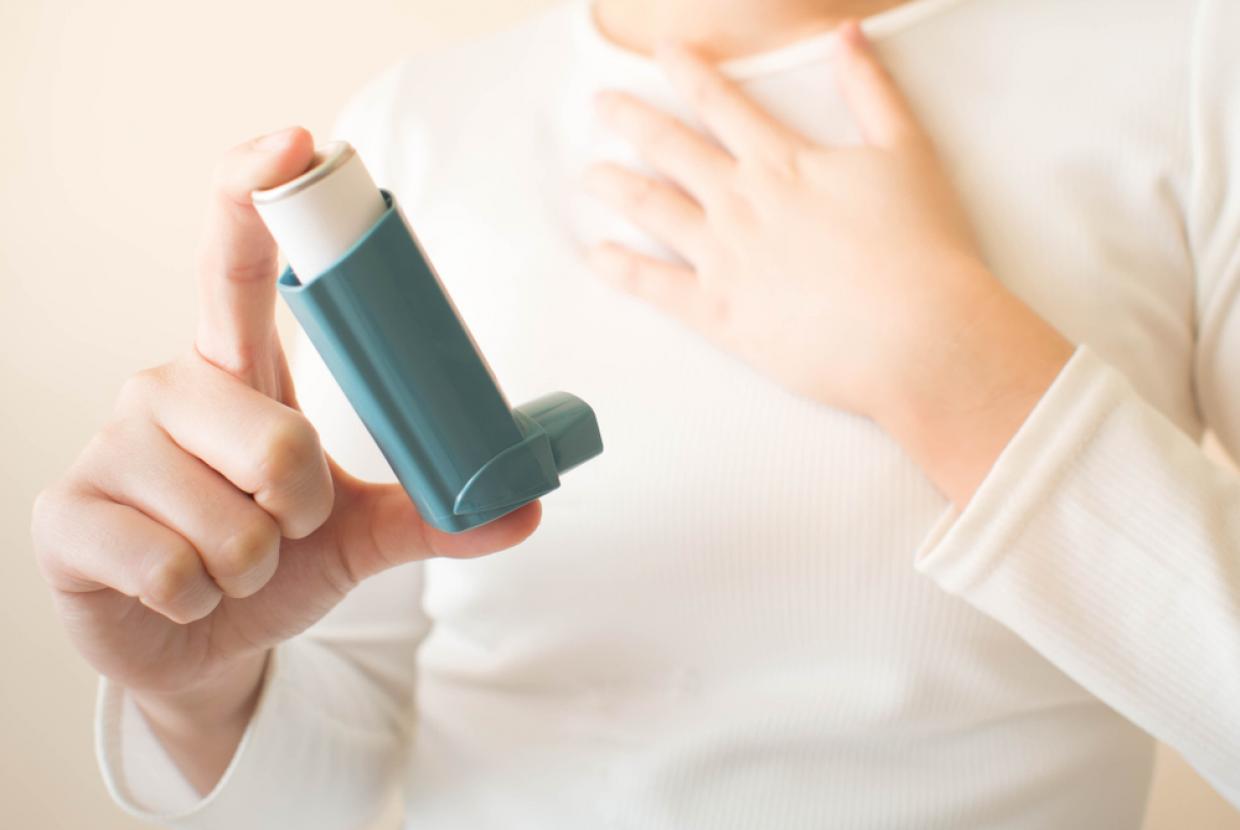Childhood Asthma
Asthma causes a range of breathing problems including wheezing, feeling of tightness in the lungs/chest and coughing.
Symptoms of childhood asthma
Asthma causes a range of breathing problems. These include wheezing, feeling of tightness in the lungs/chest and a cough (often in the night or early morning).
The most serious of these is known as an ‘asthma attack’ where the sufferer struggles to breathe. An asthma attack needs to be treated promptly and if you have prescribed medication for asthma and it is not working, you must seek immediate medical help. 7-10 per cent of school children who experience asthmatic attacks may suffer from allergies, which trigger their asthma.
Asthma is a common condition, affecting more than one million children in the UK. Things that can trigger asthma include pollen, animals/ pets, house dust mite, viral and chest infection, cigarette smoke, other environmental irritants and cold weather. In some children, exercise, changes in air temperature and stress can also provoke wheezy episodes.
Many children with asthma also have allergies. In these children, their asthma can be controlled not just by treating the symptoms but also by tackling the allergic cause. If symptoms persist or are occur in the hay fever season, then discuss with your GP if a referral to an allergist is appropriate for allergy testing and management.
Diagnosing childhood asthma
Asthma may be diagnosed using a symptom history; in older children, tests such as peak flow (which measures how effectively the lungs are working) can also be helpful. Allergy skin prick tests, blood tests, chest x-ray and simple lung function tests (all dependent upon age of the child) may also be carried out to aid diagnosis.
Treatments for childhood asthma
Asthma treatment depends upon the individual. Most children are treated with an inhaler. There are two types, one is called a ‘reliever’ (used to make it easier to breathe) and one is called a ‘preventer’ (taken every day, even when you are well, to help the stop the inflammation in the airways). Often, both types are needed at different times. Inhalers come in a variety of colours and shapes and some people call them ‘pumps’ or ‘puffers’.
Most children and even adults with asthma are given ‘spacers’ as they help ensure that the medicine gets to the lungs. This is particularly important with ‘preventer’ medicines.
Tips
- Taking asthma medication soon becomes a daily routine but initially, for younger children, star charts may be useful, whereas older children may prefer a reminder on their mobile phone or computer.
- Ask your pharmacist to estimate how long an inhaler will last, and note this in your diary, so that you can get one in advance before you run out of medication. If you do run out, try discussing the situation with the practice manager at your GP surgery, who may be able to help you get a prescription issued earlier without an appointment. It is vital that you do not run out of asthma medications as a delay in treating symptoms can mean more serious problems.
- An asthma review is a good time for praise – as well as making sure inhalers are being used correctly, it is also a time to praise a child for using it so well. Similarly, rewards for using the peak flow meter can encourage children. Using sticker books and sticker charts for young children to reward as well as review is motivating and helps children feel in charge of their treatment. Stickers can also be used to decorate the inhaler’s case and make it more personalised and child friendly.
- For slightly older children, books are available that explain the condition to children who have asthma, how they can cope with it. Further details are available from the Allergy UK helpline.
- When your child uses their inhaler, either routinely or in an emergency, it can help them for you to remain calm and praise them. By surrounding the experience with positive body language and praise they will co-operate more readily and feel secure about their treatment.









